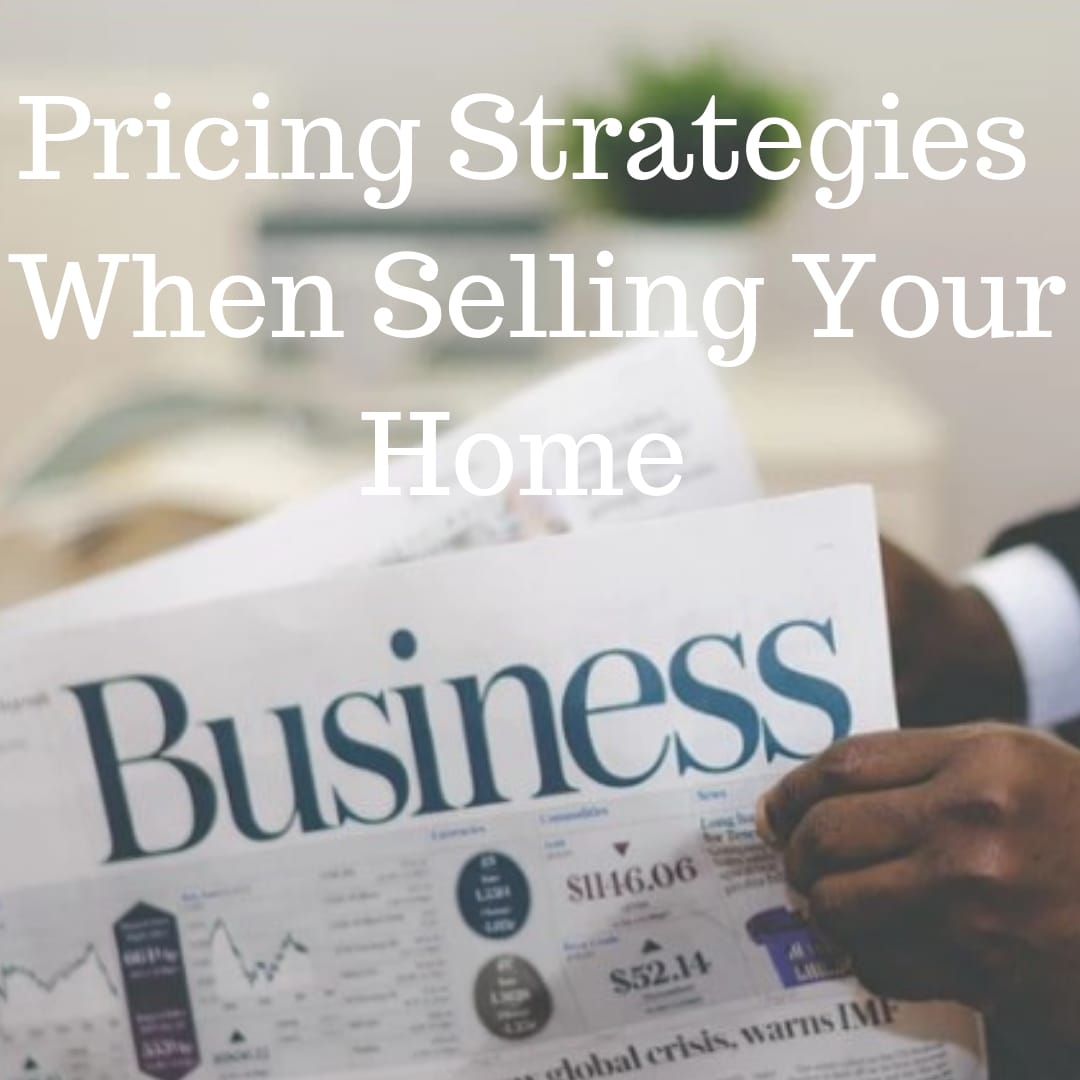PRICING STRATEGIES WHEN SELLING YOUR HOME

Pricing Strategies When Selling Your Home
Defining the asking price is one of the biggest challenges for sellers, given that it’s hard to stay objective, primarily when sellers determine the price based on their emotional ties to the home, ignoring the market conditions. It’s essential to understand the different pricing strategies and in what markets they work. Here are some useful tips.
What Happens When You Price The Home Too Low?
Setting the listing price too low is a well-known strategy, but it doesn’t work every time. Sellers who use this strategy hope to draw attention to the home, expecting multiple offers and a bidding war that will eventually drive the price above the home’s market value. The best-case scenario is that the seller’s plan works, but it doesn’t happen quite often. What can you do if you get only one offer at the full listing price? You can hardly ask for more money subsequently. The worst-case scenario is that buyers become suspicious, thinking that something must be wrong with the home and move on to other listings. Underpricing only works under specific circumstances, e.g., if the inventory is too low and demand is high, or for homes in top neighbourhoods, character homes (e.g., lofts or historical houses), etc.
What Happens When You Price Too High?
Whether it’s a conscious or unconscious decision, homes listed over market value usually end up sitting in the market for too long, and the longer a home is on the market, the faster its value drops. Once sellers realize that no offers come in, they lower the price, but it may not be enough to interest buyers as they usually stop paying attention to “old” listings after several weeks and focus on new ones. The worst-case scenario is selling the home under market value at the end because it remains the only way to attract a buyer.
How To Determine Market Value?
To work out a good pricing strategy that is neither too high nor too low, sellers should work closely with their agents. A comparative market analysis is the safest tool to figure out the fair market value of your home. The agent will examine the sale prices for the past three months in your neighbourhood, as well as currently listed homes and if your home has any special features that add value to your home.
To increase the value of your home, you can also do some updates, like replacing old appliances, buying new faucets, new furniture, etc., and try it at a higher price. It’s pretty standard for sellers to polish their homes before the sale to increase their odds with the buyers.
The Effect Of Psychological Pricing In Real Estate
Once you and your agent agree on a price, they may ask you to choose a non-rounded number even if it means going down in price. Have you ever wondered why some homes are listed at odd prices, like $399,000 instead of $400,000? According to certain studies, these so-called charm prices have a different effect on consumers. Even if a difference of $1,000 isn’t so big when buying/selling a home, a price starting with the digit three instead of a four will have a completely different psychological impact on buyers.
Are you currently selling your home and looking for a new one? Take a look at the following tips.
